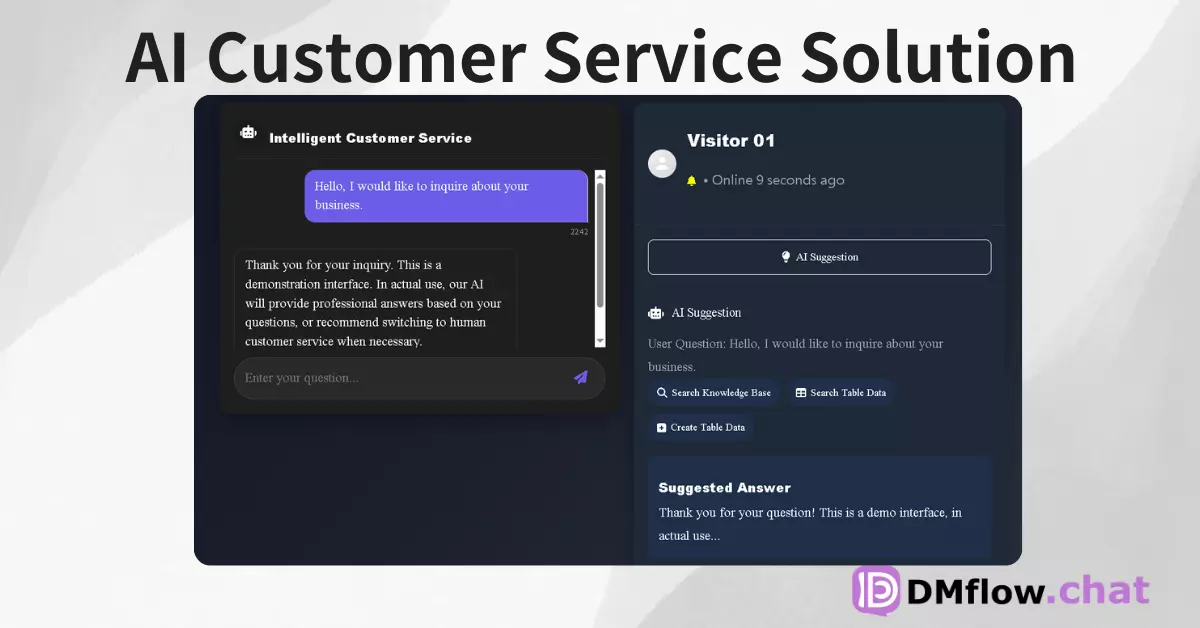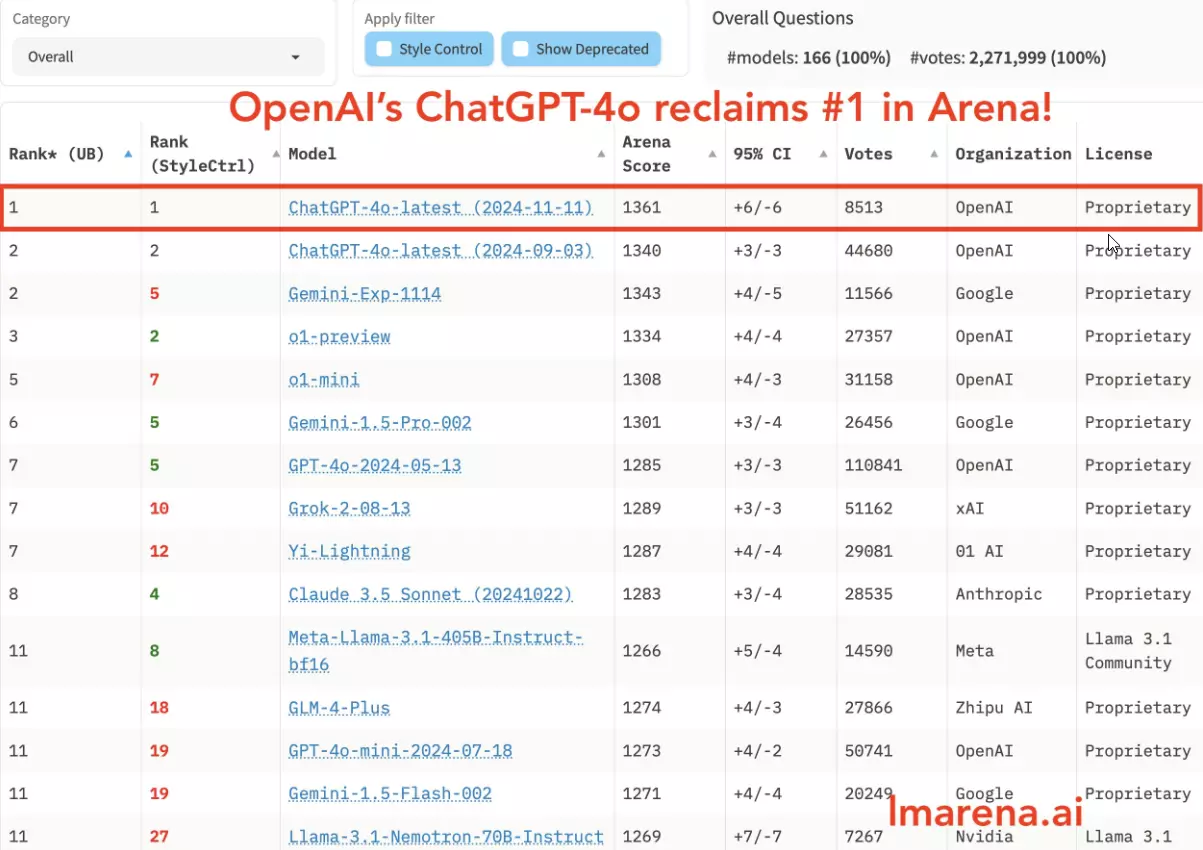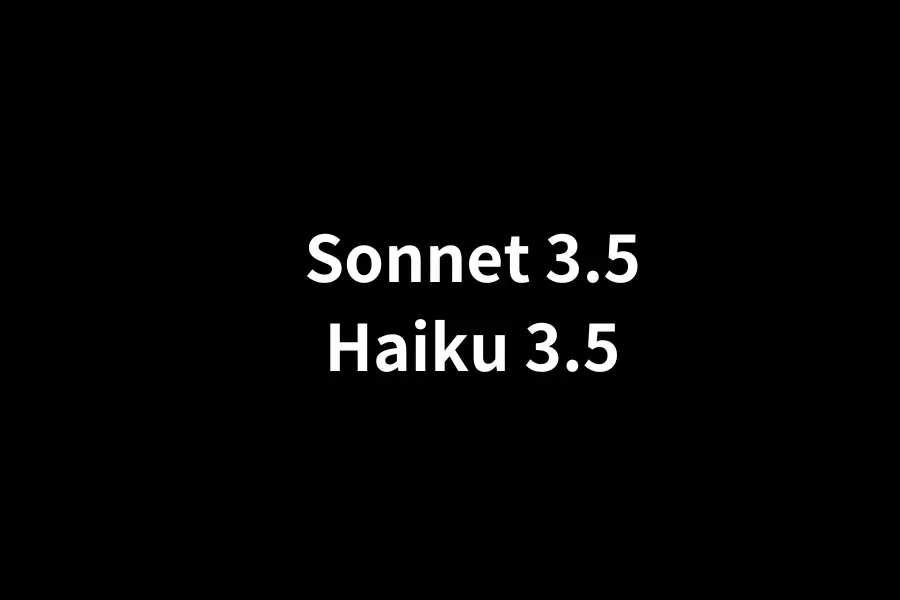Anthropic has recently announced that its AI chatbot, Claude, now supports web search, marking a major milestone in its knowledge acquisition capabilities and increasing its competitiveness. Currently, this feature is in preview for paid users in the U.S., with plans to expand it to free users and other countries in the future.
The core of this upgrade is the Claude 3.7 Sonnet model, which not only retrieves real-time information from the internet but also provides source citations, allowing users to verify the authenticity of the information. Unlike traditional search engines that simply list results, Claude integrates information conversationally, offering more relevant and contextualized answers. In other words, users don’t just get information—they also see its sources, increasing trust in AI-generated responses.
How Does Claude’s Web Search Work?
In practice, Claude does not trigger web searches for every query. However, when the feature is activated, it provides answers with source references, pulling data from major news outlets (such as NPR, Reuters) and social media. This puts Claude’s capabilities closer to OpenAI’s ChatGPT and Google Gemini, strengthening its position in the AI assistant market.
However, incorporating web search also introduces challenges, particularly concerning information accuracy and reliability. Historically, Anthropic has emphasized a “closed AI” design philosophy, preferring Claude to rely on its training data rather than real-time internet sources. But due to intense market competition, Anthropic has shifted towards a more open approach to meet user demands.
This shift comes with potential risks, including hallucinations (misinterpretations or fabricated information) and misattributed sources—common issues among AI chatbots. Studies indicate that popular AI assistants, including ChatGPT and Gemini, can generate incorrect information in over 60% of their responses. This highlights the need for users to remain cautious and cross-check AI-generated content for accuracy.
How Does Web Search Enhance Claude’s Use Cases?
With the introduction of web search, Claude’s practical applications have expanded significantly in several fields:
- Sales Teams: Gain insights into industry trends and customer pain points, improving conversion rates.
- Financial Analysts: Access real-time market data, earnings reports, and industry trends for better investment decisions.
- Academic Researchers: Search for the latest academic papers and research trends to strengthen studies and fill knowledge gaps.
- Online Shoppers: Compare product features, prices, and reviews to make more informed purchasing decisions.
How to Enable Claude’s Web Search Feature?
Currently, Claude’s web search functionality is available in preview for U.S. paid users, with plans for gradual expansion to free users and other regions.
Steps to Enable Web Search:
- Navigate to Claude 3.7 Sonnet’s settings page.
- Toggle the “Web Search” option to “On.”
- Enter a query in the chat, and Claude will automatically fetch online information when needed.
When Claude provides responses using web search, it includes source references, allowing users to verify the information directly. This not only enhances the reliability of AI-generated content but also improves users’ ability to access the latest information effectively.
Conclusion: What Does This Update Mean for Claude?
With this upgrade, Claude now possesses real-time knowledge retrieval capabilities, bringing it closer to functioning as a true human assistant. However, this also means that users must be more discerning about AI-provided information and develop habits of cross-checking sources.
For professionals seeking up-to-date information and improved decision-making efficiency, Claude’s web search feature is a game-changer. As the feature expands to more users, Claude could become a disruptive force in the AI assistant market.





